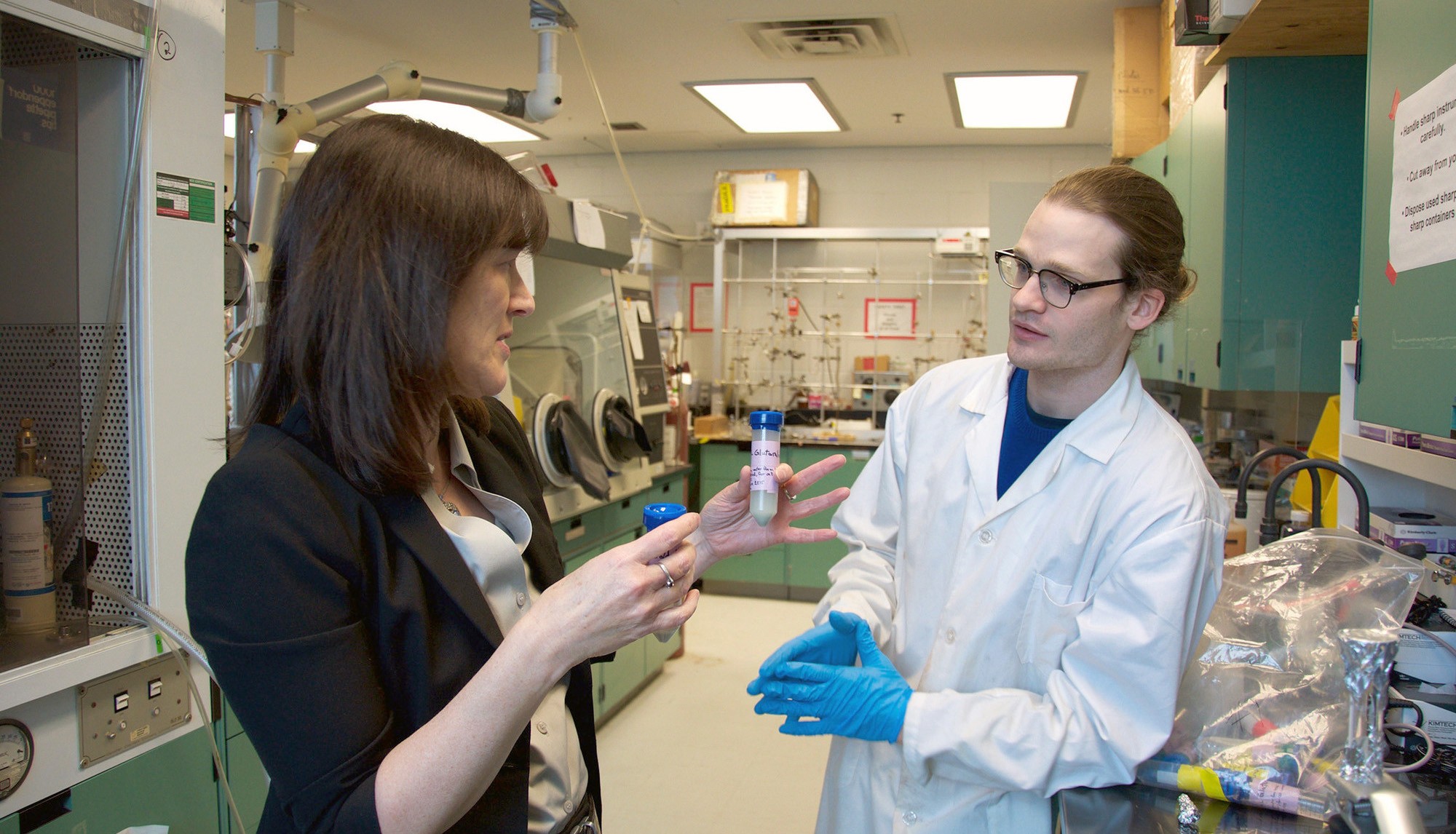Supervision Guidelines for Students – Section 5: If You Need Academic Accommodations

Some students may need temporary or ongoing academic accommodations for disability-related barriers the affect their ability to demonstrate their knowledge and skills. The University of Toronto is committed to providing a learning environment that is accessible and open to all students, regardless of their disability.
The University provides many resources to assist you with your academic progress. If you believe you may need a disability-related academic accommodation, your first step should be to consult with the University of Toronto Accessibility Services on the St. George Campus or the AccessAbility Services on the UTM or UTSC campuses. These offices provides confidential services that can assist you with an assessment of your needs and helping you identify available resources, including adaptive technology, test and exam accommodations, note-taking, extensions, and tutoring among others.
Accessibility advisors focus on identifying and accommodating functional limitations and will not disclose to your supervisor personal medical information, including a medical diagnosis.
In some cases, it may be helpful for students to request a temporary leave of absence. Such a leave may allow you to seek treatment or support with personal issues before resuming your academic program. The leave period is not included in the time limit for completion of the degree. If you believe that a leave of absence may be helpful to you, you should contact your program director or coordinator, or your accessibility advisor, for more information.
Key Points
- Whether to disclose a disability or not, and when, is your decision.
- Be pro-active by contacting Accessibility or AccessAbility Services for disability and related barriers.
- Learn about available resources.
- You do not need to disclose a diagnosis to anyone other than your accessibility advisor.
- Seek counselling, if needed, to maintain your mental health and well-being.
Are You Considering Disclosure?
Some students may want to or feel comfortable disclosing information about their disability to their supervisor.
In a paper published by the National Educational Association of Disabled Students (Mohler, C.E., Duffett, E.M. and Sukhai M.A., Disclosure in the Graduate Environment: A Tip Sheet for Students in Transition), the following tips are provided for students considering disclosure:
- Whether or not to disclose is highly personal and there is not right or wrong way to go about the process.
- Disclosure has pros and cons. The authors point out that disclosure can promote openness and trust, may facilitate accommodation, and can protect against risk of discrimination. However, they also discuss that some students choose not to disclose out of fear of stigma, loss of privacy, because they fear that the supervisor may not understand the disability and associated needs, or because the student does not feel that accommodations are required and, thus, disclosure would not be helpful.
- Graduate education is provided in a different environment from undergraduate studies. Especially research-stream programs offer a more student-driven learning process, and there is a greater expectation that graduate students will be more pro-active in seeking out accommodations that are needed.
- As part of the decision-making process around disclosure, it is important that you are an active participant and familiarize yourself with policies and practices around educational accommodations. Staff in the School of Graduate Studies and Accessibility Services are available to assist you with identifying such policies.
- As part of the disclosure process, it is necessary to decide to whom to disclose. It may be helpful to disclose to more than one individual but you should only disclose to those to whom you feel comfortably doing so.
- If you decide to disclose to individuals other than those in Accessibility Services, you do not need to disclose a diagnosis; rather, you should discuss a need for an accommodation. Only Accessibility Services will want to receive confirmation of diagnosis. Information you wish to share with your supervisor may include general information about your disability, how your disability may affect your academic work, the reasons why to choose to disclose now, and what accommodations you have found helpful in the past and what accommodations you anticipate will be helpful in the future.
- Timing of disclosure is also important. You should select a time that works best for you. For instance, you may feel that the best time is during the application process or after starting with the program during the first meetings with your supervisor.
Sections
Section 1: Introduction
Section 2: General Characteristics of Graduate Supervision
Section 3: Choosing a Supervisor
Section 4: Responsibilities of the Student, Supervisor, and Supervisory Committee
Section 6: When Problems Arise
Section 7: Finishing Up
Section 8: Scenarios
Section 9: Appendix 1 – Resources
Section 10: Appendix 2 – Checklist for Students
